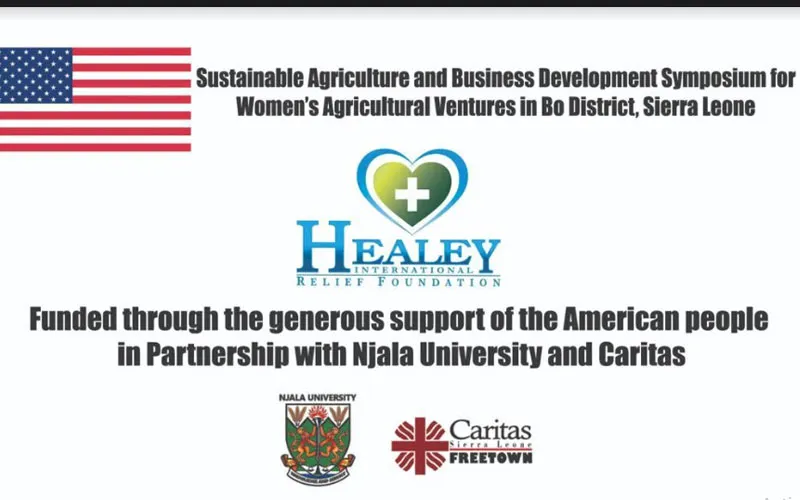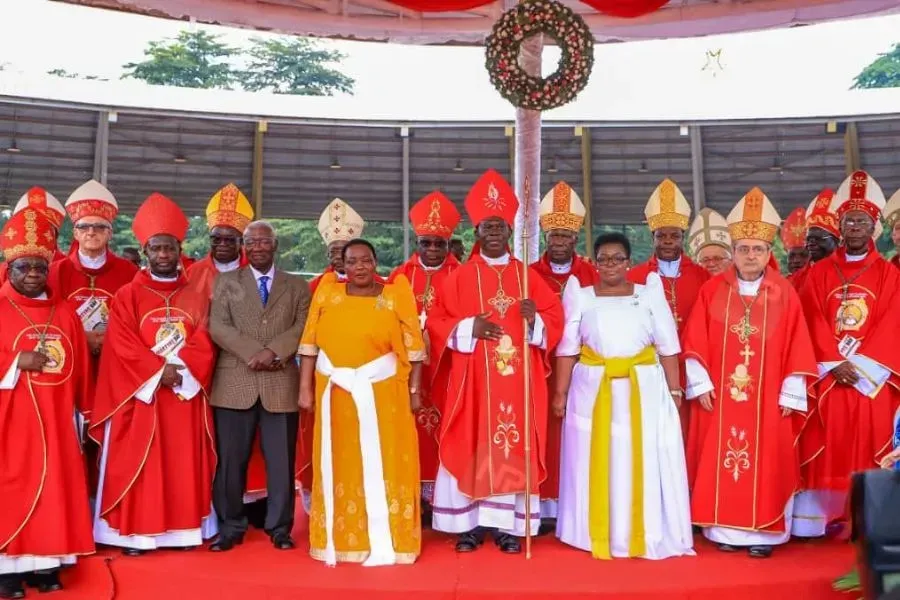Freetown, 23 February, 2023 / 8:46 pm (ACI Africa).
Healy International Relief Foundation (HealyIRF), in collaboration with Caritas Freetown and Njala University in Sierra Leone, has completed a five-day symposium to boost the financial muscle of struggling small-scale women in agriculture in the West African country.
In a Tuesday, February 21 interview with ACI Africa, HealyIRF In-Country Manager, Ishmeal Alfred Charles, said that women, who account for the largest percentage of small-scale farmers in Bo, in Sierra Leone’s Southern Province can barely support their families, let alone sustain their farming ventures.
According to Charles, farmers, especially in Bo District, are stuck in a cycle of poverty and lack knowledge of best farming practices to improve their farm yields.
“Many women in Bo have so much energy and strength. Most run small-scale businesses, making just about 20 dollars from their entire produce. It is from these meager earnings that they take care of their families and set aside resources to maintain their ventures. Most of them struggle to get capital for seeds and farm inputs,” Charles, who also serves as the Programs Manager of Caritas Freetown, said.
He added, “Our population is 52 percent women. We need to ensure that they are empowered and significantly engaged in a constructive way.”








